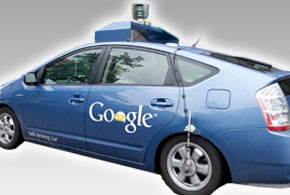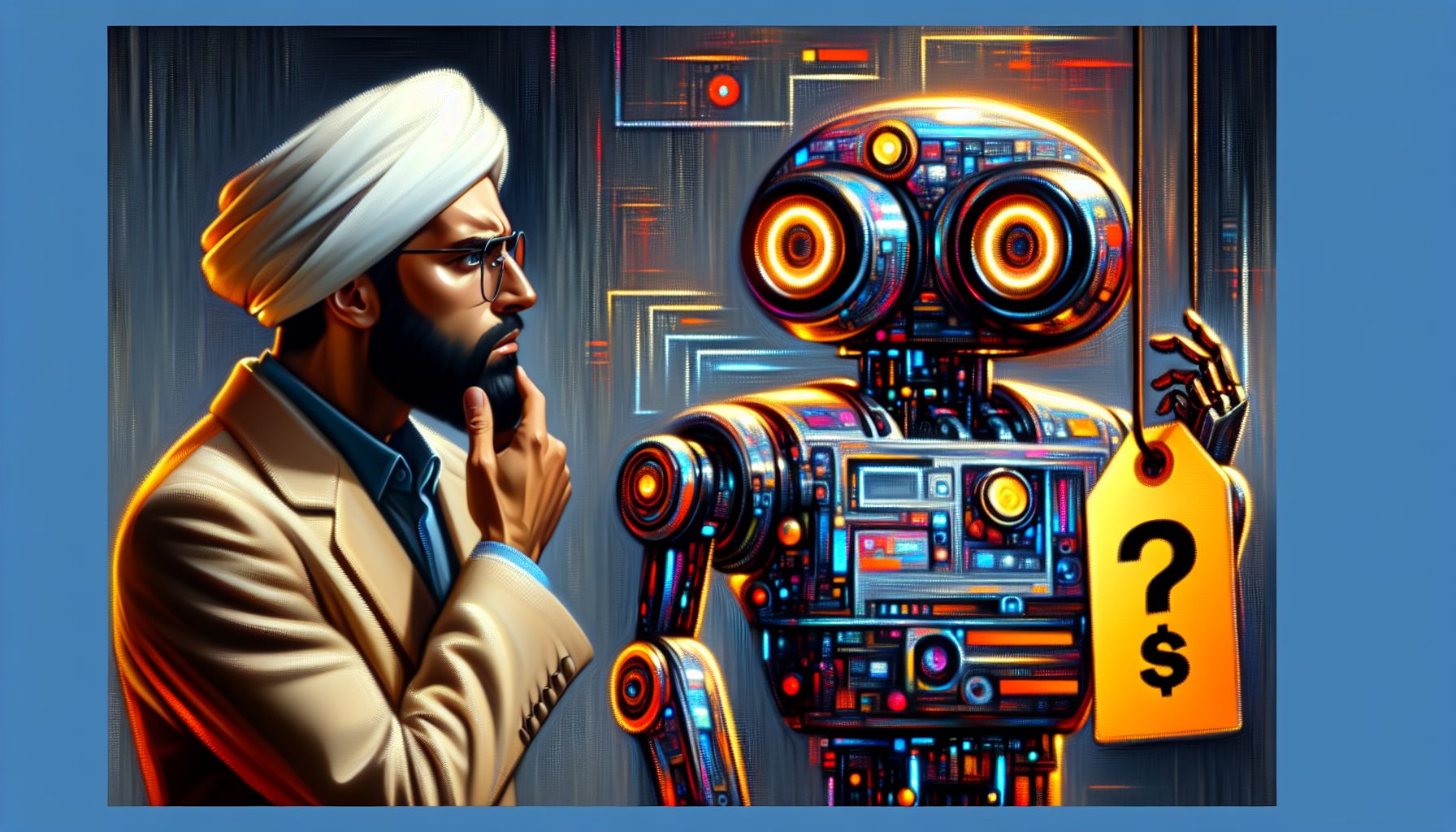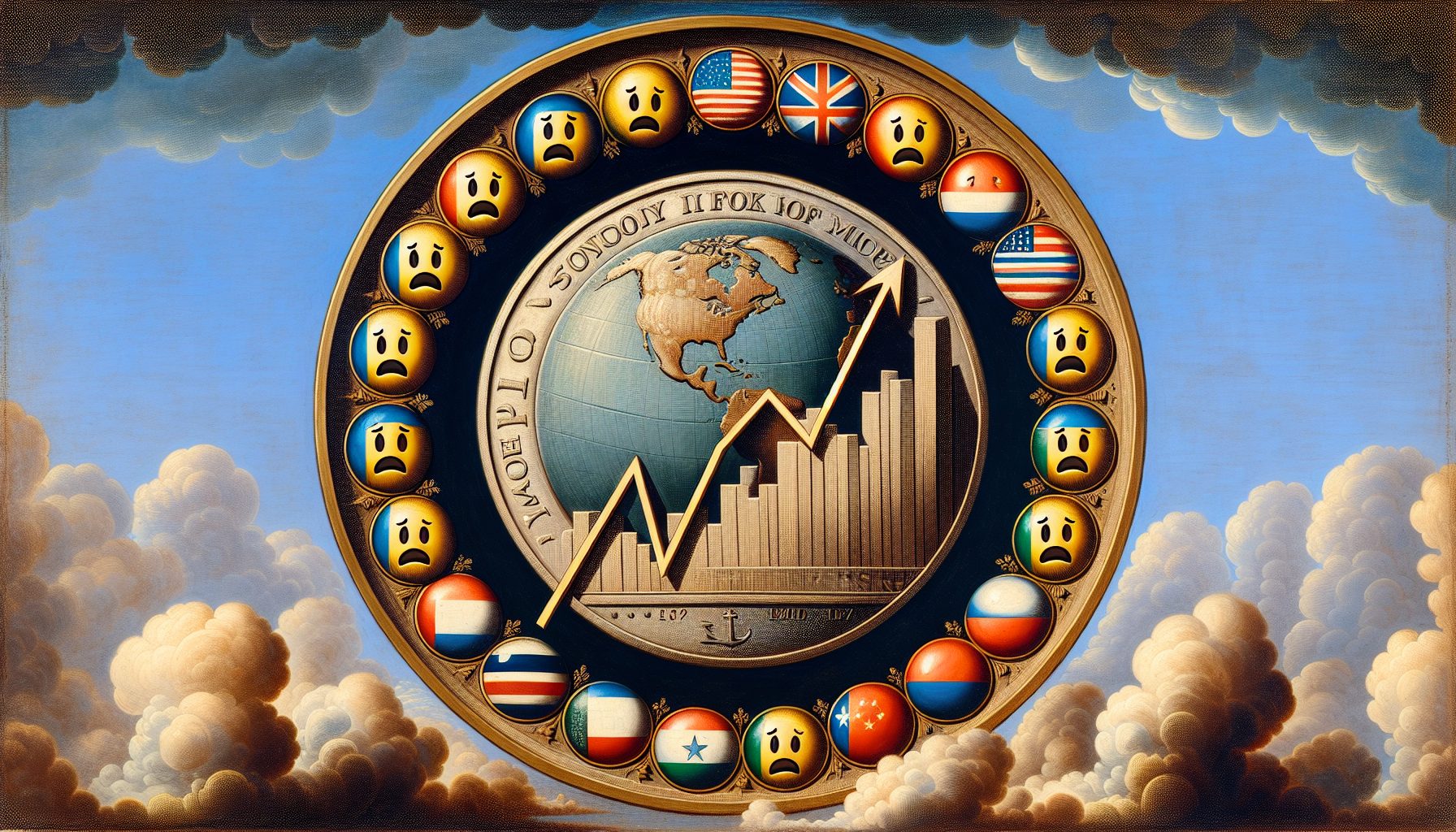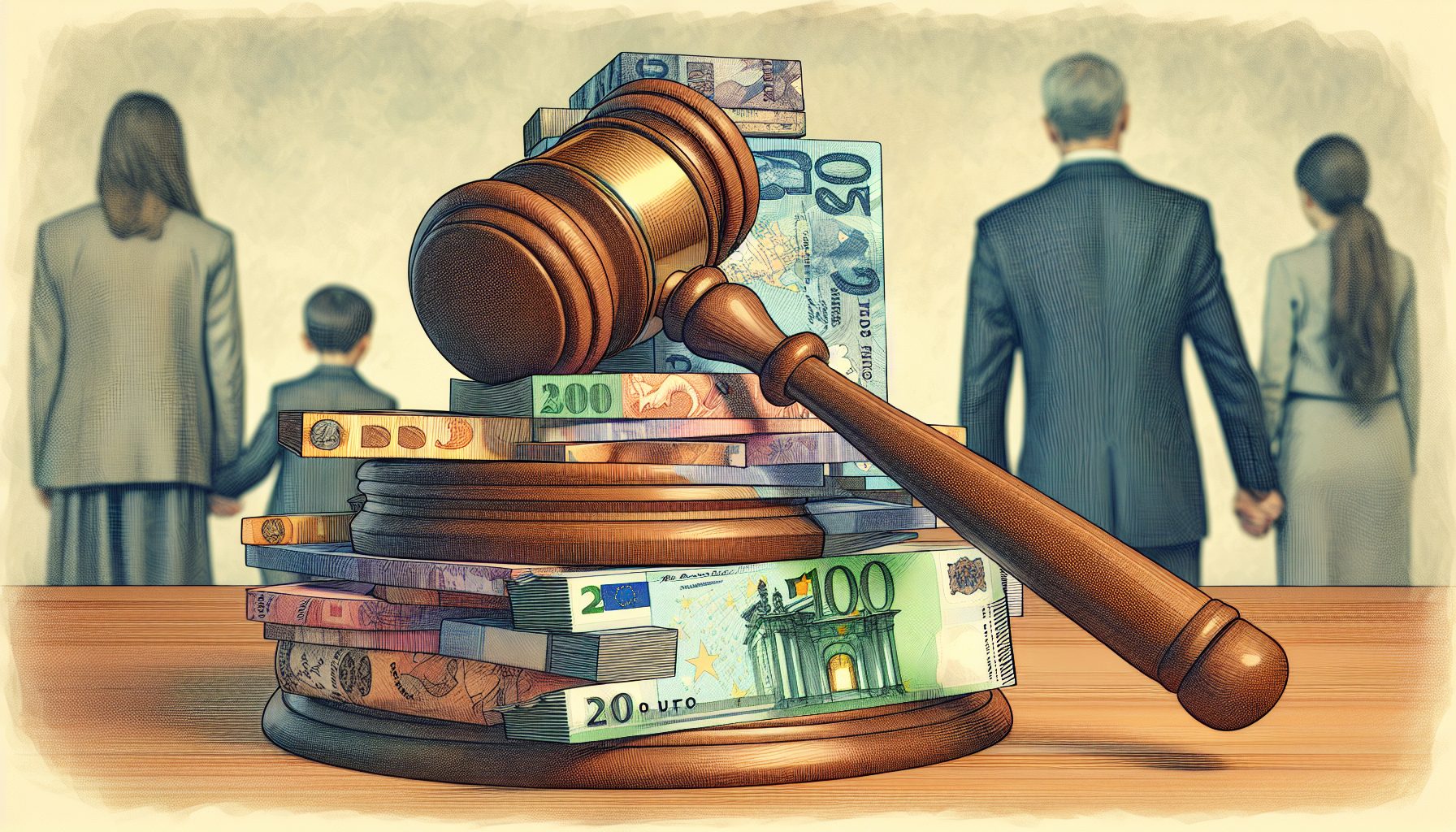In case you missed it, Tesla Motors Chairman Elon Musk is back in the news. His most recent prediction: driving may eventually be banned. The reason? Computers do a much better job of driving vehicles than humans could ever do.
“It’s too dangerous,” Musk noted. “You can’t have a person driving a two-ton death machine.”
At this point, I’m not sure anyone is ready for cars that drive without any human intervention, but we are certainly careening toward autonomous vehicles. Already, a growing number of manufacturers are including LIDAR (Light Detection and Ranging)-based collision avoidance systems, and some cars can park themselves.
Meanwhile, Google’s self-driving car has logged more than 700,000 flawless miles, and Tesla (surprise!) has developed a self-driving vehicle, the Model S.
With all the technology on board and the growing problem of distracted driving, automating functions is a good idea. Over the short term, let’s hope that in-vehicle systems and interfaces such as Apple’s CarPlay and Google’s Android Auto make things safer by getting phones out of motorists’ hands, making it easier to control functions without fiddling with buttons and dials, and, in the end, helping everyone keep their eyes on the road.
Yet, even then, you’re still stuck with horrible drivers who are perpetually in a hurry and are driving recklessly—something that seems to be in abundance these days. There’s also the reality that even the best controls and interface can’t stop some people from creeping into the distraction zone, and safer cars actually cause some motorists to take greater risks, including driving faster.
To be sure, all roads lead to semi-autonomous and autonomous vehicles—perhaps in a decade or two. However, the technology must advance further, bureaucrats and politicians need to move faster, and security must get better.
Then there’s a human element. A lot of motorists somehow equate driving with freedom and want the control of having a steering wheel in hand. No amount of logic or research is likely to change their minds—though radically different configurations and designs might. In fact, Musk later spun into reverse and tweeted that he wasn’t advocating outlawing humans from driving.
Of course, the bigger question is: How do we approach and manage machines that do things better than humans do? The same questions and scenarios will play out across a wide swath of industries and situations.
Do we value safety and lives over choice? Do we value cost and efficiency over the feeling— and sometimes the illusion—that we’re in control?









